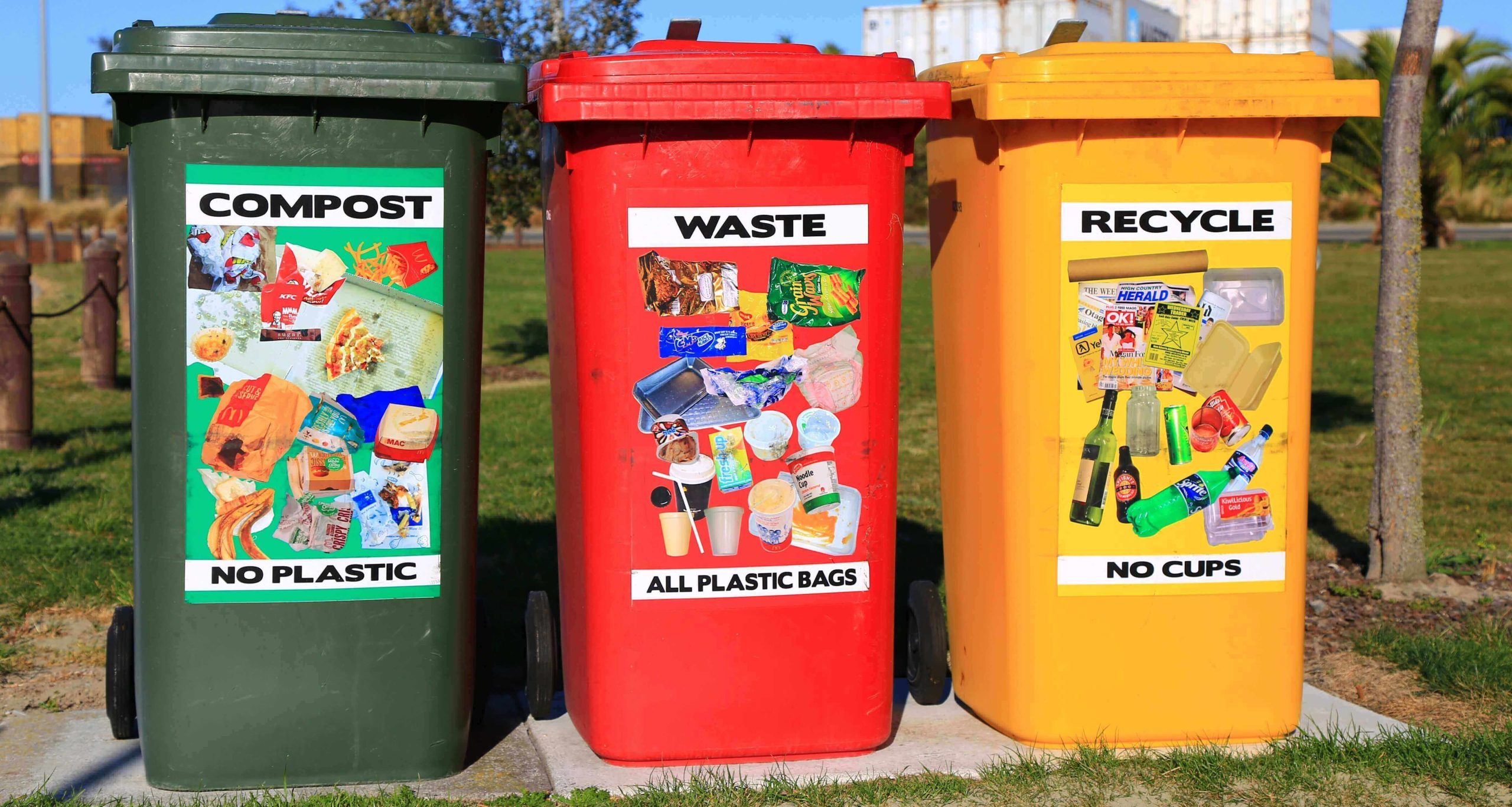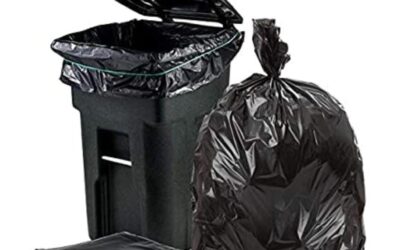Solid waste management is a significant environmental and public health issue in Kenya. Poor waste management practices have led to the degradation of the environment, the spread of diseases, and a decline in the quality of life. This article discusses the challenges that Kenya faces in managing solid waste and explores potential solutions to address the problem.
Introduction
Solid waste management is an important aspect of sustainable development. In Kenya, solid waste management is a challenge due to inadequate infrastructure, insufficient financial resources, and inadequate human capacity. Waste management is essential to safeguard public health and the environment. Proper waste management reduces the risk of diseases and prevents environmental degradation.
The State of Solid Waste Management in Kenya
Kenya is struggling to manage the increasing amount of waste generated due to rapid urbanization, population growth, and economic development. The country generates over 22,000 tonnes of waste per day, with only 38% of it collected and disposed of properly. The rest of the waste is either dumped illegally or left to pile up in the streets, causing health hazards and environmental pollution.
Challenges of Solid Waste Management in Kenya
There are several challenges facing the management of solid waste in Kenya, including:
Poor infrastructure
Kenya has insufficient infrastructure for waste management, with inadequate waste collection equipment, treatment facilities, and landfills. This has led to a significant amount of waste being disposed of improperly, resulting in pollution and environmental degradation.
Inadequate human capacity
Kenya faces a shortage of skilled personnel and expertise in waste management. This lack of human capacity has resulted in poor planning, inadequate policy development, and weak institutional frameworks.
Insufficient financial resources
The cost of managing solid waste is high, and Kenya lacks the necessary financial resources to address the problem effectively. The country relies heavily on donor funding to support waste management initiatives.
Lack of public awareness and participation
There is a lack of public awareness and participation in waste management practices in Kenya. Citizens are not sufficiently informed about the importance of proper waste disposal, which leads to littering and illegal dumping.
Potential Solutions for Solid Waste Management in Kenya
Kenya needs a comprehensive approach to address the challenges of solid waste management. The following are potential solutions:
Infrastructure development
Kenya needs to invest in waste collection equipment, treatment facilities, and landfills to improve the collection and disposal of waste.
Human capacity building
The government needs to invest in training programs to develop skilled personnel and expertise in waste management.
Financial investment
The government needs to allocate sufficient funds to support waste management initiatives and reduce the country’s dependence on donor funding.
Public awareness campaigns
The government needs to educate citizens about the importance of proper waste disposal through public awareness campaigns, community engagement, and civic education programs.
Implementation of policies and regulations
Kenya needs to develop and implement policies and regulations that promote sustainable waste management practices.
Conclusion
Solid waste management is a significant challenge in Kenya. The country faces several challenges, including poor infrastructure, inadequate human capacity, insufficient financial resources, and a lack of public awareness and participation. However, there are potential solutions that can address these challenges, including infrastructure development, human capacity building, financial investment, public awareness campaigns, and the implementation of policies and regulations. By taking a comprehensive approach, Kenya can effectively manage its solid waste and promote sustainable development.
FAQs
- What is solid waste management? Solid waste management is the collection, transportation, treatment, and disposal of waste in an environmentally sustainable manner.
- Why is solid waste management important? Solid waste management is essential to protect public health and the environment. Proper waste management reduces the risk of diseases and prevents environmental degradation.
- What are the challenges of solid waste management in Kenya?
The major challenges of solid waste management in Kenya include inadequate infrastructure, lack of financial resources, inadequate policy and regulatory framework, and low public awareness and participation.
- What are the potential solutions for solid waste management in Kenya? Potential solutions for solid waste management in Kenya include infrastructure development, human capacity building, financial investment, public awareness campaigns, and the implementation of policies and regulations.
- How can individuals contribute to solid waste management in Kenya?Individuals can contribute to solid waste management in Kenya by practicing proper waste disposal, reducing waste generation through recycling and composting, and participating in community cleanup initiatives.
- What is the role of the government in solid waste management?The government plays a crucial role in solid waste management by providing infrastructure, developing policies and regulations, allocating financial resources, and promoting public awareness and participation.
- What are the benefits of effective solid waste management? Effective solid waste management has numerous benefits, including improved public health, reduced environmental pollution, and the promotion of sustainable development.
In conclusion, solid waste management is a significant challenge in Kenya, but there are potential solutions that can be implemented to address the issue. Infrastructure development, human capacity building, financial investment, public awareness campaigns, and policy implementation are all crucial components of effective solid waste management. By taking a comprehensive approach, Kenya can promote sustainable development and protect public health and the environment.
Related Posts
The Importance of Proper Waste Segregation in Kenya
Organic Waste Management: Turning Waste into Compost in Kenya
The Role of Landfills in Waste Management in Kenya
Industrial Waste Management Solutions for Businesses in Kenya
Commercial Waste Management: Best Practices for Kenyan Businesses
Medical Waste Management: Ensuring Safe Disposal in Kenya
Residential Waste Management Tips for Kenyan Homeowners





0 Comments